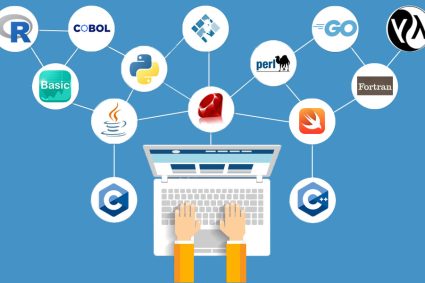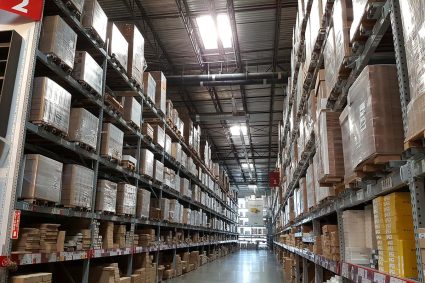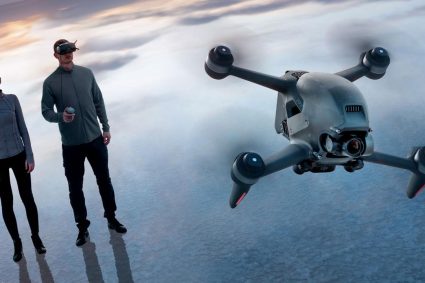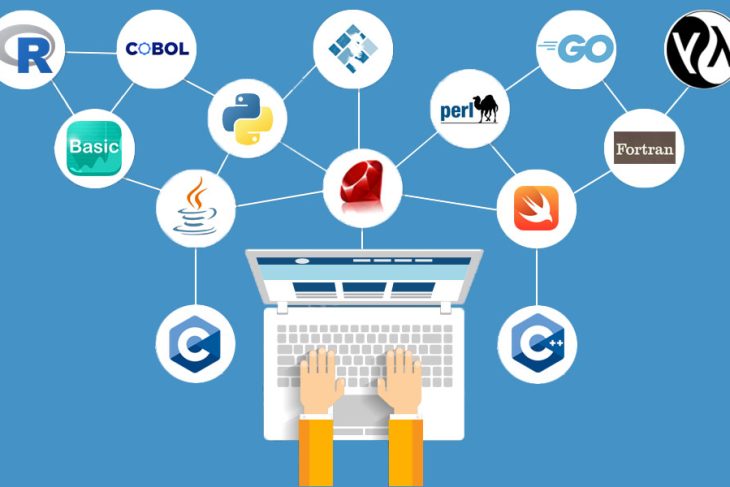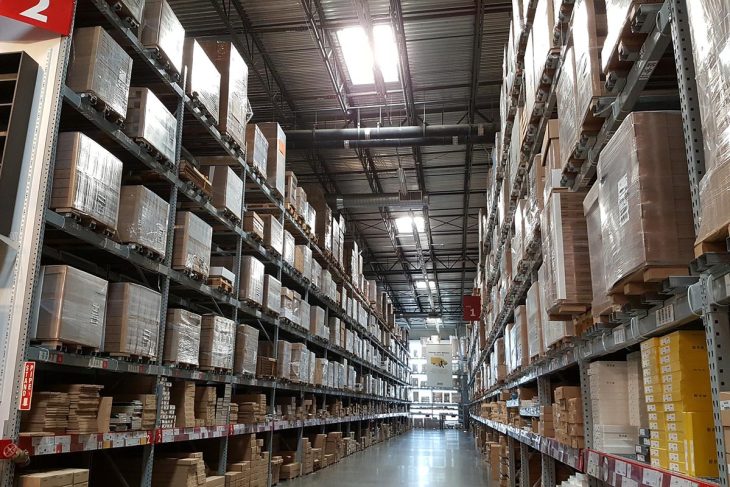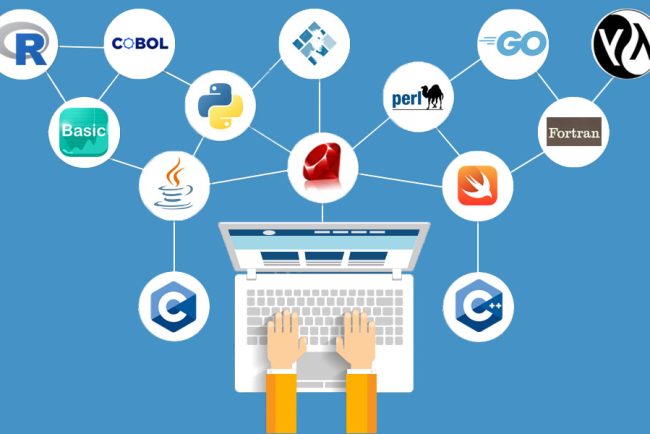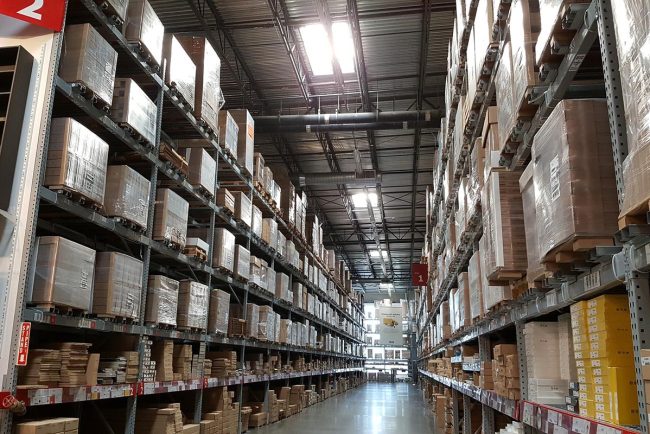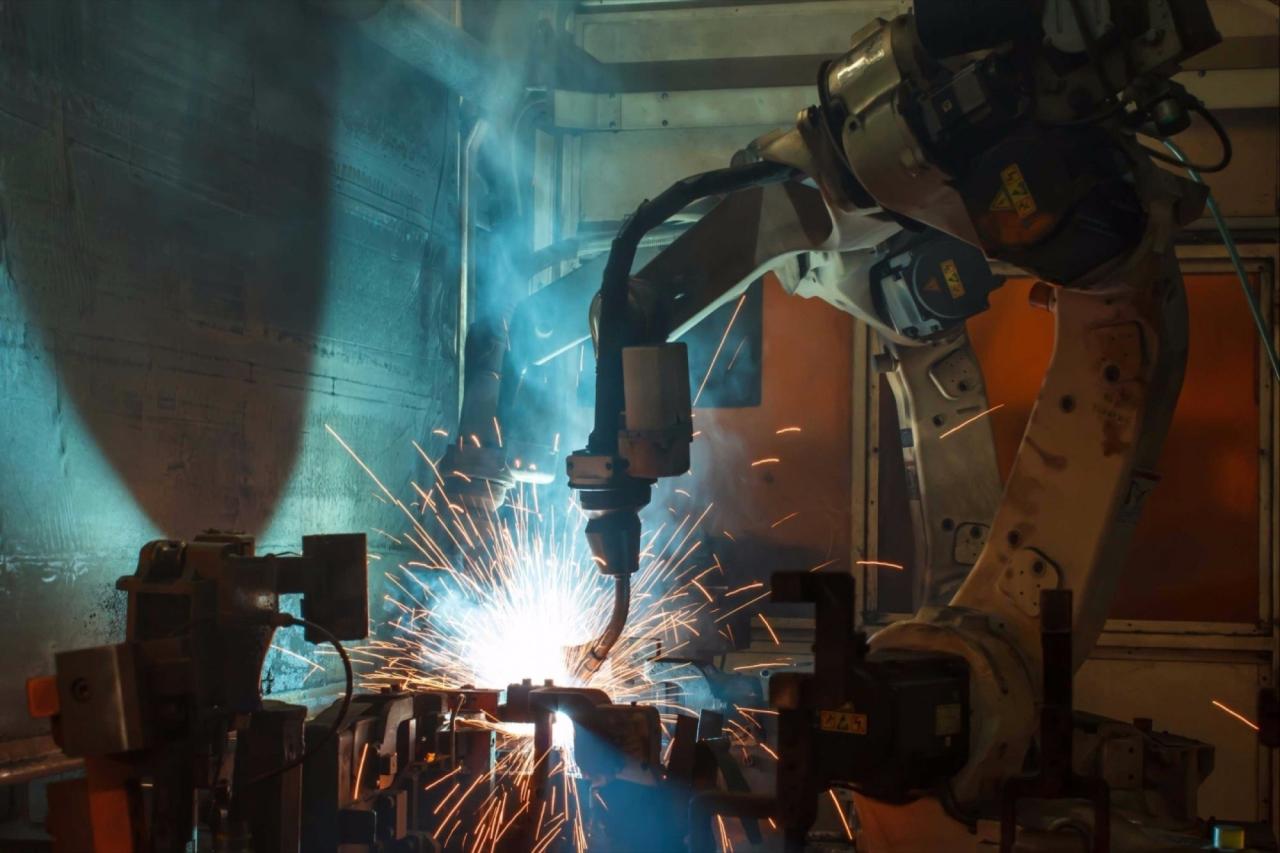

Artificial Intelligence (AI) has emerged as a disruptive force across various industries, and its impact on product manufacturing is both significant and transformative. By leveraging AI technologies, manufacturers are experiencing improved operational efficiency, enhanced product quality, and increased innovation. Let’s delve into the profound influence of AI on product manufacturing and explore its implications for the industry.
One of the key areas where AI is revolutionizing product manufacturing is in the realm of automation. Traditional manufacturing processes often involve repetitive tasks that are time-consuming and prone to human error. AI-powered robotic systems and intelligent automation solutions have the capability to perform these tasks with precision and speed, freeing up human resources to focus on more complex and creative aspects of production. This not only accelerates the manufacturing process but also ensures consistent quality and reduces costs.
AI also plays a vital role in predictive maintenance, a practice aimed at minimizing equipment downtime and optimizing maintenance schedules. By analyzing data from sensors embedded in machinery, AI algorithms can detect patterns and anomalies that indicate potential faults or breakdowns. This enables manufacturers to proactively schedule maintenance activities, preventing unexpected failures and minimizing production disruptions. Ultimately, predictive maintenance powered by AI leads to improved productivity, reduced downtime, and significant cost savings.
Furthermore, AI enables manufacturers to make data-driven decisions at every stage of the product lifecycle. Advanced analytics algorithms can process vast amounts of data collected from various sources, including production processes, supply chains, and customer feedback. By extracting valuable insights from this data, manufacturers can optimize production workflows, identify areas for improvement, and customize products to meet customer demands more effectively. AI-powered data analytics also enable manufacturers to anticipate market trends, forecast demand, and make informed decisions regarding inventory management and production planning.
Quality control is another critical aspect of product manufacturing that benefits from AI integration. AI-powered systems can detect and analyze deviations in product quality by comparing real-time production data with predefined quality standards. This enables manufacturers to identify defects or irregularities early in the production process, minimizing waste and reducing the likelihood of defective products reaching the market. By ensuring consistent quality, AI contributes to higher customer satisfaction and brand reputation.
Innovation is a driving force in product manufacturing, and AI serves as a catalyst for groundbreaking advancements. Through machine learning algorithms, AI systems can analyze vast amounts of data, identify patterns, and generate insights that humans might overlook. This opens up avenues for product innovation, design optimization, and the development of cutting-edge features. Additionally, AI-powered simulations and modeling techniques allow manufacturers to test and iterate product prototypes virtually, reducing time-to-market and minimizing the need for physical iterations.
As AI continues to evolve, its impact on product manufacturing will only grow stronger. However, it is important to acknowledge the challenges associated with its implementation. Data security, ethical considerations, and the need for upskilling the workforce are among the key areas that manufacturers must address to fully leverage the potential of AI.
In conclusion, the integration of AI in product manufacturing is revolutionizing the industry by enhancing automation, enabling predictive maintenance, facilitating data-driven decision-making, improving quality control, and fostering innovation. As manufacturers embrace AI technologies, they are better positioned to adapt to changing market dynamics, meet customer expectations, and drive growth in the digital era.

